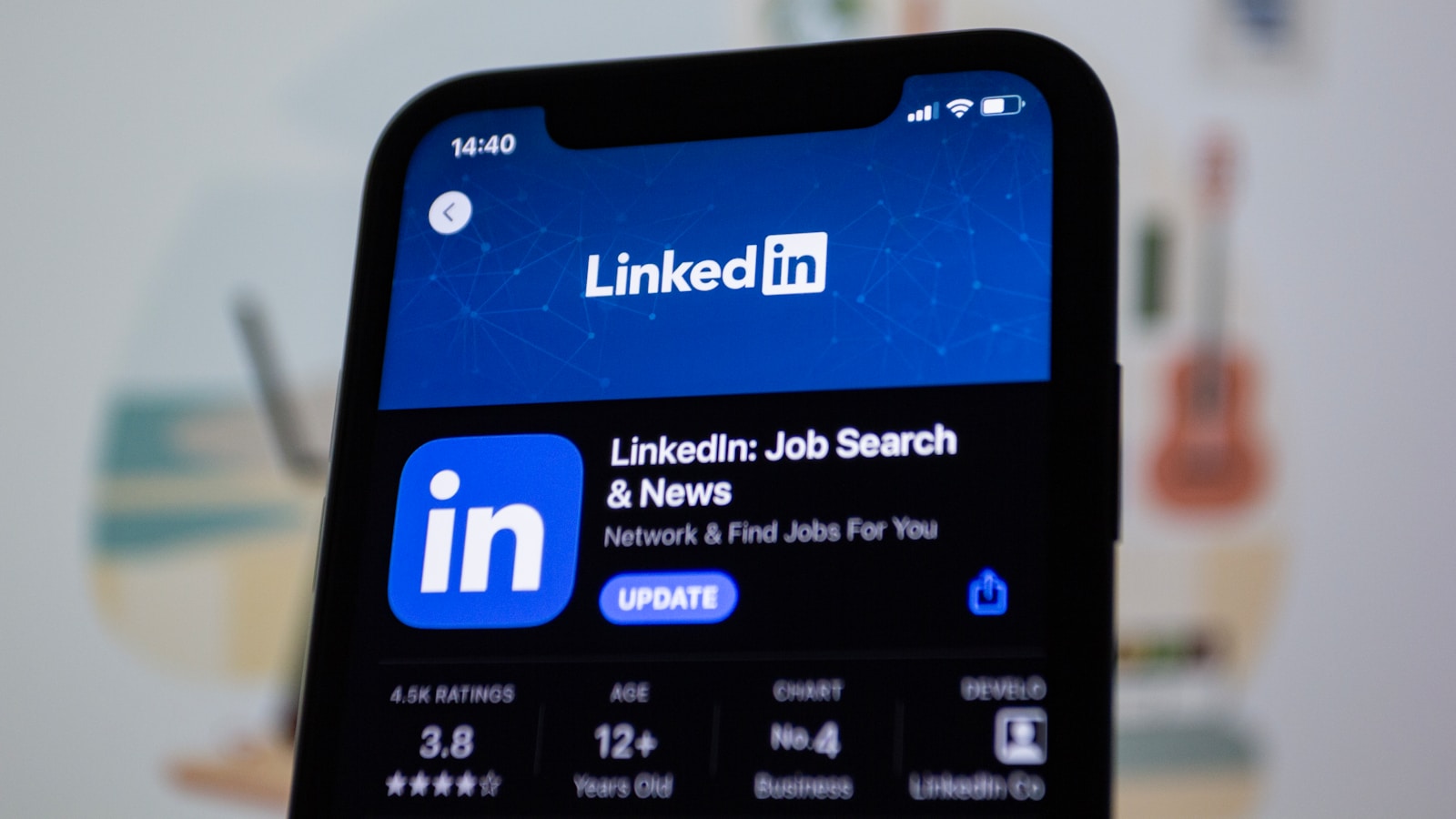Funke Abimbola: A Shining Star or Just Another Corporate Figure?
Praising Funke Abimbola’s Contributions
Funke Abimbola is widely recognized as a leading voice in corporate diversity and inclusion, boasting a career that spans high-level roles such as General Counsel, Chief of Staff, and healthcare executive at prominent organizations like Roche and Cycle Pharmaceuticals. Her accolades include an MBE for services to diversity and young people, as well as being named a LinkedIn Top Voice and an influential media commentator for BBC TV and radio. Her journey is one of resilience and determination, breaking barriers in industries that have often been less than welcoming to individuals from diverse backgrounds.
However, it’s hard to ignore that, at times, Abimbola’s narrative feels heavily self-congratulatory, with an emphasis on her personal accolades rather than the broader impact of her work. While her achievements are impressive on paper, one must question whether the constant repetition of her awards and titles overshadows the real, systemic changes needed in corporate diversity and leadership. Is she genuinely driving change, or merely highlighting her own story as a means of self-promotion?
Critiquing Climbing Mountains: My 5-Stage Journey to Resilient Leadership
Climbing Mountains, Abimbola’s flagship book, paints a vivid picture of her path to leadership, framing it as a guide for others who seek to overcome similar hurdles. The book is structured around five stages that reflect her journey, offering readers a mix of personal anecdotes and lessons in resilience. Abimbola portrays herself as a beacon of hope for underrepresented groups, using her story to inspire those who face similar challenges in their careers. But while her narrative is undoubtedly compelling, it also feels somewhat self-indulgent, as if the spotlight is firmly on her rather than on the broader systemic issues she purports to address.
The book’s focus on resilience can come across as tone-deaf in a world where many are exhausted by the constant need to be resilient in the face of unyielding systemic barriers. It risks oversimplifying the complex realities faced by marginalized individuals in the corporate world, presenting resilience as the ultimate solution rather than acknowledging the need for fundamental changes within organizations. While Abimbola’s story is inspiring, the book falls short of providing actionable insights that could help dismantle the structural inequalities that necessitate such resilience in the first place.
Moreover, the heavy emphasis on personal resilience might inadvertently suggest that those who struggle simply aren’t trying hard enough or lack the tenacity to succeed. This perspective overlooks the very real and entrenched barriers that exist within many corporate environments. But it would be only fair if we invite her to come for a discussion about her book and to discuss this critique.
Resilience or Corporate Buzzword?
The Limits of Resilient Leadership
Abimbola’s professional narrative is steeped in the language of resilient leadership, but how far does this rhetoric actually go in enacting change? As a diversity advocate and healthcare executive, she often emphasizes the importance of personal resilience in overcoming barriers. However, the corporate world’s fixation on resilience as a virtue can sometimes feel like a convenient excuse to ignore the deeper issues at play. Are we celebrating resilience to avoid confronting the hard truths about systemic discrimination and inequity?
The danger with Abimbola’s narrative is that it may inadvertently contribute to a corporate culture that values perseverance over progress. The message that individuals should simply “tough it out” underplays the need for organizations to take responsibility for creating inclusive environments. Abimbola’s repeated emphasis on her own resilience, while motivational, could be seen as diverting attention away from the systemic issues that need to be addressed. It begs the question: is resilient leadership truly about leading change, or is it about glorifying personal endurance in the face of adversity?
This critique is not to diminish Abimbola’s personal journey or the hurdles she has overcome. However, it is crucial to challenge the narrative that resilience alone is enough. Real change requires more than personal stories—it requires a willingness to hold systems accountable and to push for concrete actions that support diversity and inclusion.
Resilience as a Corporate Comfort Blanket?
Abimbola’s story is undeniably one of triumph over adversity, but there is a risk that her brand of resilient leadership could be co-opted by corporations as a way to gloss over their own shortcomings. In celebrating individual success stories, there is a danger that companies may use these narratives as a shield against criticism, portraying themselves as champions of diversity without making the necessary changes to their structures and cultures. Abimbola’s focus on resilience, while valuable, might inadvertently serve as a comfort blanket for organizations that prefer to celebrate individual success rather than confront their own roles in perpetuating inequality.
Moreover, the idea that resilience is the key to success can place an unfair burden on individuals from marginalized backgrounds, implying that their challenges are purely personal rather than systemic. Abimbola’s narrative, though inspirational, could benefit from a more critical lens that examines how resilient leadership can be supported by organizational changes rather than existing in a vacuum. Are we really empowering future leaders, or are we merely encouraging them to endure the same old corporate structures that have long resisted true diversity?
Opening the Dialogue on Leadership and Resilience
Funke Abimbola’s contributions to the conversation on leadership and resilience are significant, but they are not without their limitations. Her emphasis on personal perseverance is a powerful message, but it’s equally important to broaden the discussion to include systemic reform. Leadership is not just about individual resilience; it’s about creating environments where resilience isn’t the sole requirement for success. Abimbola’s narrative could be enriched by a more critical exploration of the systemic barriers that persist and the ways in which leaders can advocate for change beyond their own personal stories.
We invite Funke Abimbola to join us in a conversation that goes beyond resilience as a buzzword. Let’s explore how her insights can be integrated with broader strategies for organizational accountability and systemic change. Abimbola’s journey is a testament to the power of perseverance, but there is a need for a more comprehensive approach that addresses the root causes of inequality in corporate spaces. Only then can we move from celebrating individual resilience to championing a culture of inclusivity and equity in leadership.
—
#resilientleadership #FunkeAbimbola #corporatecritique #diversityandinclusion #leadership #criticalreview












